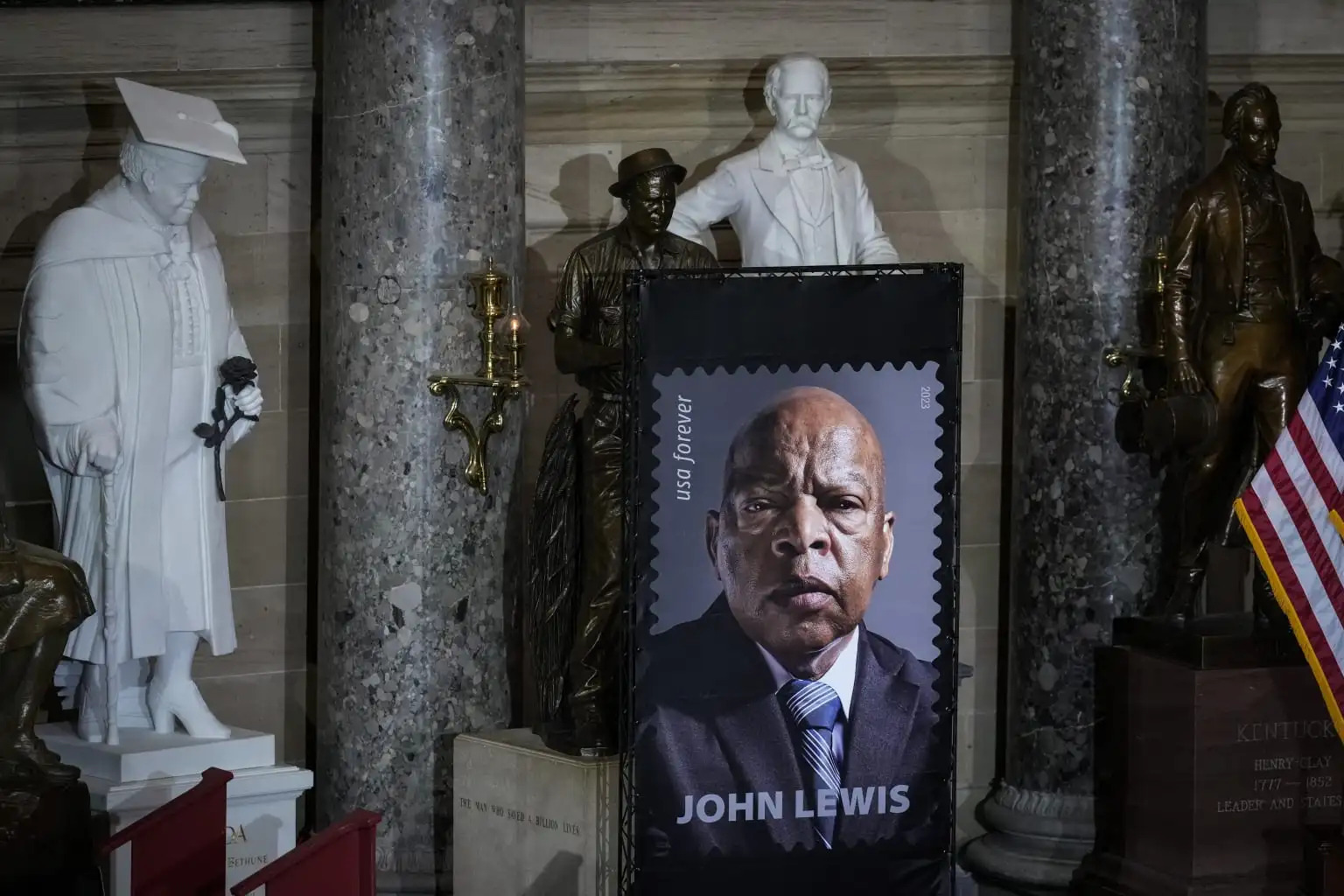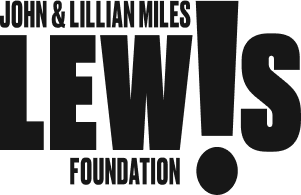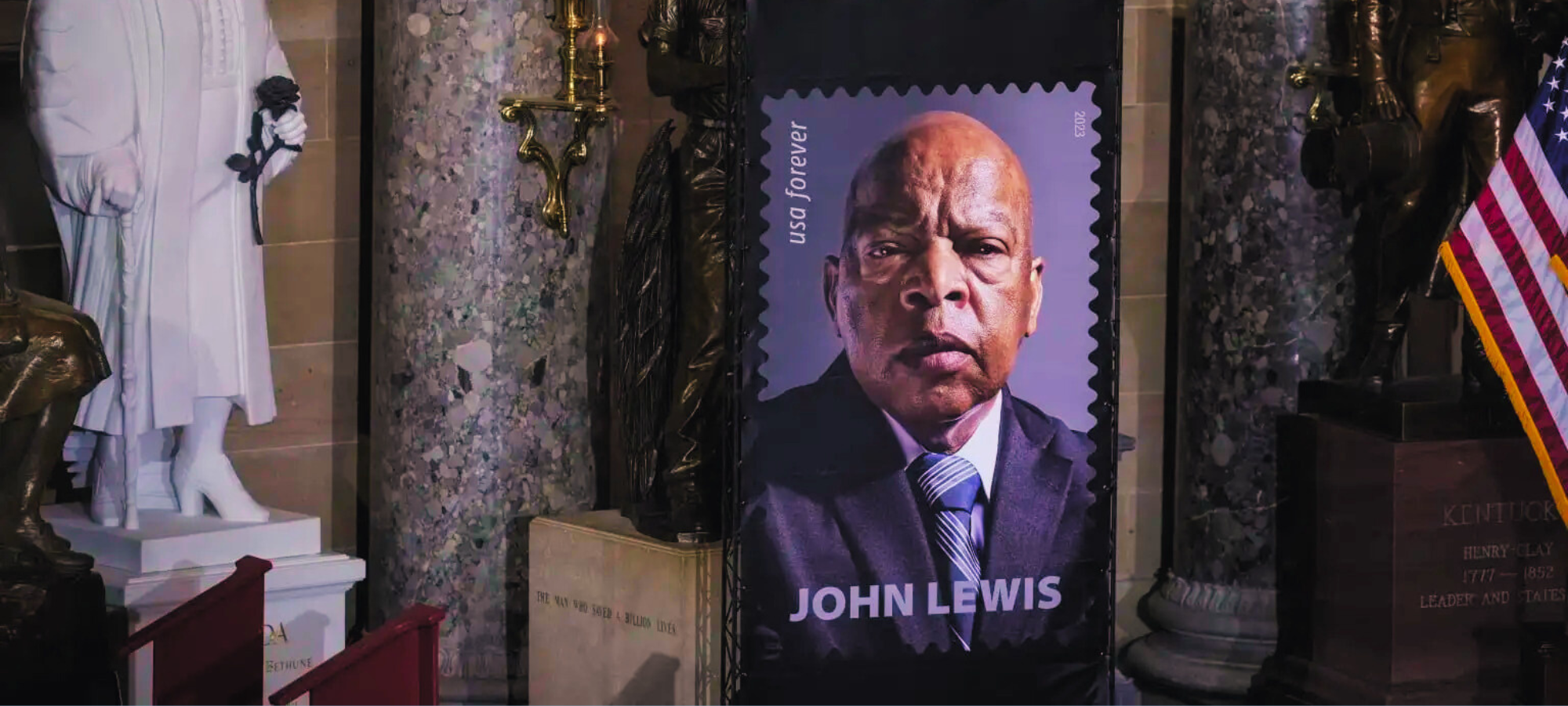
A view of the new stamp featuring the late Congressman and civil rights activist John R. Lewis of Georgia, in Statuary Hall at the U.S. Capitol on June 21, 2023 in Washington, D.C. Lewis spent more than 30 years in Congress and passed away in July 2020 from pancreatic cancer. (Photo by Drew Angerer/Getty Images)
By Linda Earley Chastang
Inaugural President and CEO, The John and Lillian Miles Lewis Foundation Inc.
I first met John Lewis when I was in junior high school. He was one of the many civil rights leaders who regularly visited our small Presbyterian church in Washington, D.C., including Martin Luther King Jr., Jesse Jackson, Bayard Rustin, Stokely Carmichael and James Farmer. John and the other leaders would spend quality time with us over lemonade in the fellowship hall, answering all our questions and sharing their experiences and dreams. Why? Because they knew how important it was to invest in young people. Those dynamic leaders taking the time to meet with us profoundly affected me.
Fast forward to the adult version of me: I was reintroduced to John Lewis by his wife, Lillian. I worked on his campaigns for Atlanta City Council as well as for Congress. He cared about the things I cared about, so anything I could do to help him get elected was all the motivation I needed. He became a friend.
The year after John Lewis was elected to Congress, we relocated to Washington, D.C., and I called him. I wanted to come by and see his new office. We met, and he offered me a job — to be his administrative assistant.
At that point in my career, I was a fairly accomplished lawyer and law professor, and I had a couple of advanced degrees. I assumed the administrative assistant was the person who scheduled meetings, drafted letters, paid bills, organized the office, etc. That was OK with me so long as I could help Congressman Lewis “change the world.” So, I took the job!
Little did I know that the administrative assistant to a member of Congress was the chief of staff.
I never could have imagined when I was in junior high school that I would spend a large part of my career helping one of the most honest, hardworking, unassuming, optimistic, focused, humble, energetic, gracious and kindest human beings on the planet make a difference in the lives of so many.
Back in the day, we wrote letters to 800 constituents each week informing them of federal policies and proposed changes in laws that affected them, government resources that were available, what their representative in Congress was doing and inviting constituent engagement. John signed each one of those letters, and the staff addressed and stamped each one of the envelopes. Every week! Eight hundred letters! Eight hundred stamps!
John insisted on staying in constant communication with his constituents. There was no email back then. So, the only way we communicated was by snail mail, with stamps and the good, hard, and conscientious work of U.S. Postal Service employees.



 As a nation, if we care for the Beloved Community, we must move our feet, our hands, our hearts, our resources to build and not tear down, to reconcile and not to divide, to love and not to hate.
As a nation, if we care for the Beloved Community, we must move our feet, our hands, our hearts, our resources to build and not tear down, to reconcile and not to divide, to love and not to hate.